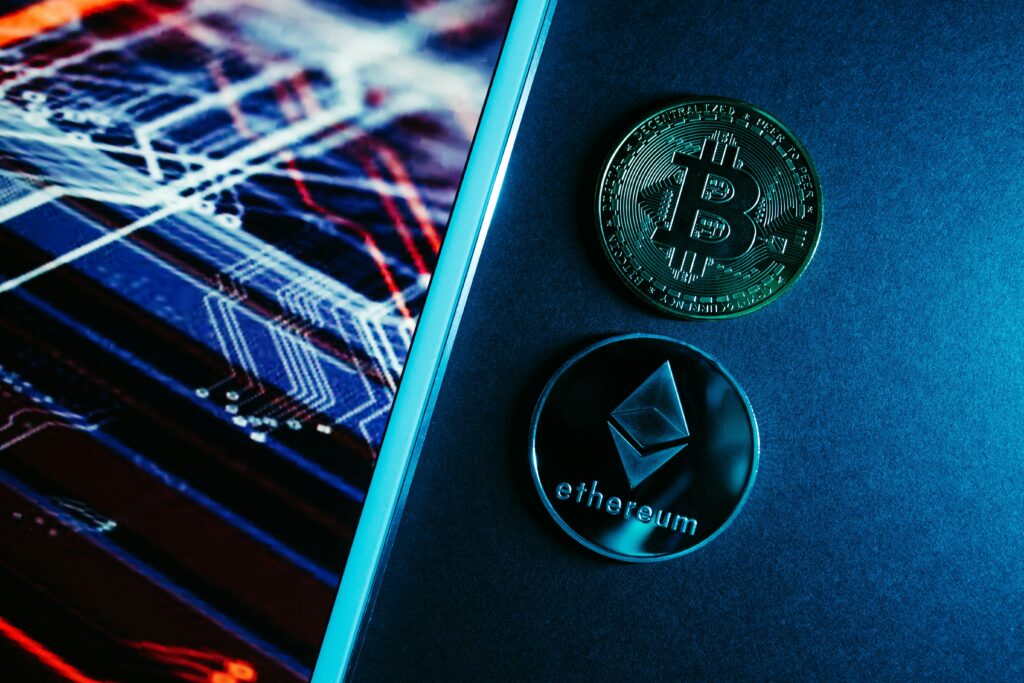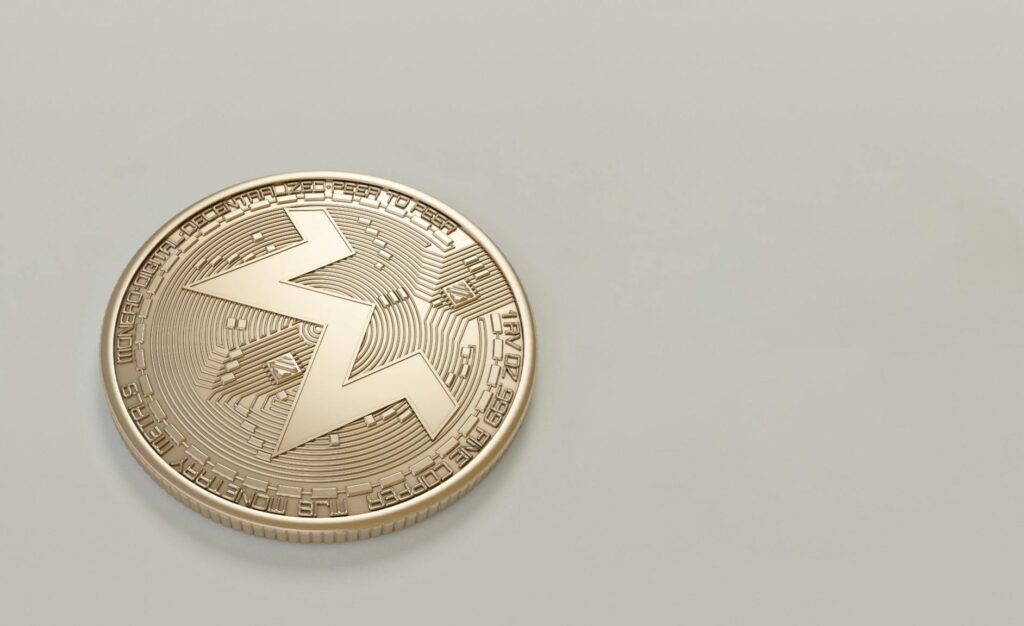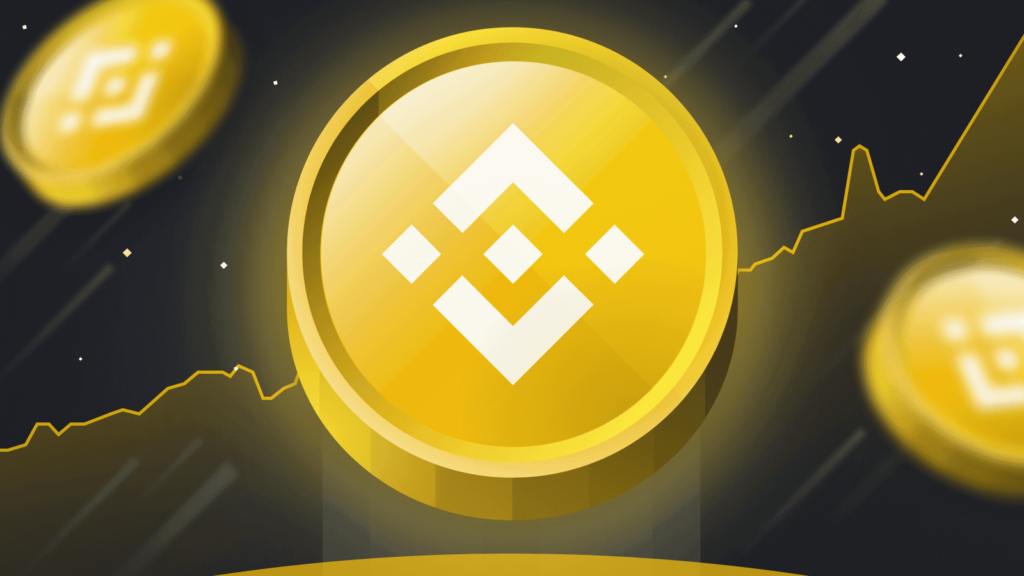What Are Altcoins?
Understanding Altcoins: Beyond Bitcoin
The world of cryptocurrencies is vast and continually evolving, with Bitcoin often taking center stage as the pioneering digital asset. However, the term “altcoin,” which stands for “alternative coin,” encompasses a wide range of cryptocurrencies that offer various features and purposes beyond what Bitcoin provides. To truly understand the cryptocurrency landscape, it’s crucial to explore the realm of altcoins.
What Are Altcoins?
Altcoins are any cryptocurrencies other than Bitcoin. The term encompasses a broad spectrum of digital assets, each designed to address specific needs or innovate upon existing blockchain technology. They emerged to improve upon Bitcoin’s limitations, add new functionalities, or target niche markets.
Categories of Altcoins
Altcoins can broadly categorized into several groups based on their unique attributes:
- Ethereum and Smart Contracts: Ethereum, launched in 2015 by Vitalik Buterin, is perhaps the most well-known altcoin. It introduced the concept of smart contracts—self-executing contracts with the terms directly written into code. This innovation enabled the creation of decentralized applications (dApps) and decentralized finance (DeFi) platforms. Ethereum’s flexibility has made it a popular platform for developing new cryptocurrencies and blockchain projects.

- Stablecoins: These cryptocurrencies are designed to maintain a stable value by being pegged to a reserve of assets, typically fiat currencies like the US Dollar. Examples include Tether (USDT), USD Coin (USDC), and DAI. Stablecoins aim to combine the benefits of digital currencies—such as fast transactions and lower fees—with the stability of traditional money.
- Privacy Coins: Privacy-focused altcoins, such as Monero (XMR) and Zcash (ZEC), prioritize user anonymity and transaction privacy. Unlike Bitcoin, which offers pseudonymity, these coins use advanced cryptographic techniques to obscure transaction details and the identities of users.

- Utility Tokens: These tokens are designed to provide access to a particular service or product within a specific ecosystem. For instance, Binance Coin (BNB) is used on the Binance exchange to pay for trading fees and access various services. Similarly, Uniswap’s UNI token is used in the Uniswap decentralized exchange for governance and staking.

- Governance Tokens: Governance tokens give holders voting rights on decisions regarding the development and management of a project. These tokens commonly used in DeFi protocols, allowing the community to vote on proposals and changes. Examples include Compound (COMP) and Maker (MKR) tokens.
The Role of Altcoins in the Cryptocurrency Ecosystem
Altcoins play a significant role in the cryptocurrency ecosystem, offering several advantages:
- Innovation: Altcoins often push the boundaries of blockchain technology, introducing novel features and applications. For example, Polkadot and Cosmos aim to enable interoperability between different blockchains, addressing a crucial challenge in the decentralized space.
- Diverse Use Cases: While Bitcoin was designed primarily as a digital store of value, altcoins cater to a wide array of use cases, including supply chain management, gaming, and data privacy. This diversity helps drive broader adoption of blockchain technology.
- Market Opportunities: For investors and traders, altcoins provide opportunities beyond Bitcoin. Many altcoins have experienced significant growth and can offer high returns. However, they also come with increased risks, making thorough research essential.
- Community and Ecosystem Development: Many altcoins are supported by vibrant communities and ecosystems. These communities often contribute to the development of the project, creating a collaborative environment that can drive innovation and growth.
Risks and Considerations
Despite their potential, altcoins are not without risks. The cryptocurrency market is highly volatile, and many altcoins are subject to speculation and rapid changes in value. Additionally, the relatively unregulated nature of the market can expose investors to scams and fraudulent projects.
Investors should exercise caution, conduct thorough research, and consider the long-term viability of an altcoin before investing. It’s also wise to diversify investments and stay informed about market trends and developments.
Conclusion
Altcoins are an integral part of the cryptocurrency ecosystem, offering a wide range of features, use cases, and innovations that extend beyond Bitcoin. They drive technological advancements, provide new opportunities, and cater to diverse needs within the blockchain space. As the cryptocurrency landscape continues to evolve, understanding altcoins and their role will crucial for anyone interested in this dynamic and rapidly changing field.
Join US On Whatsapp
